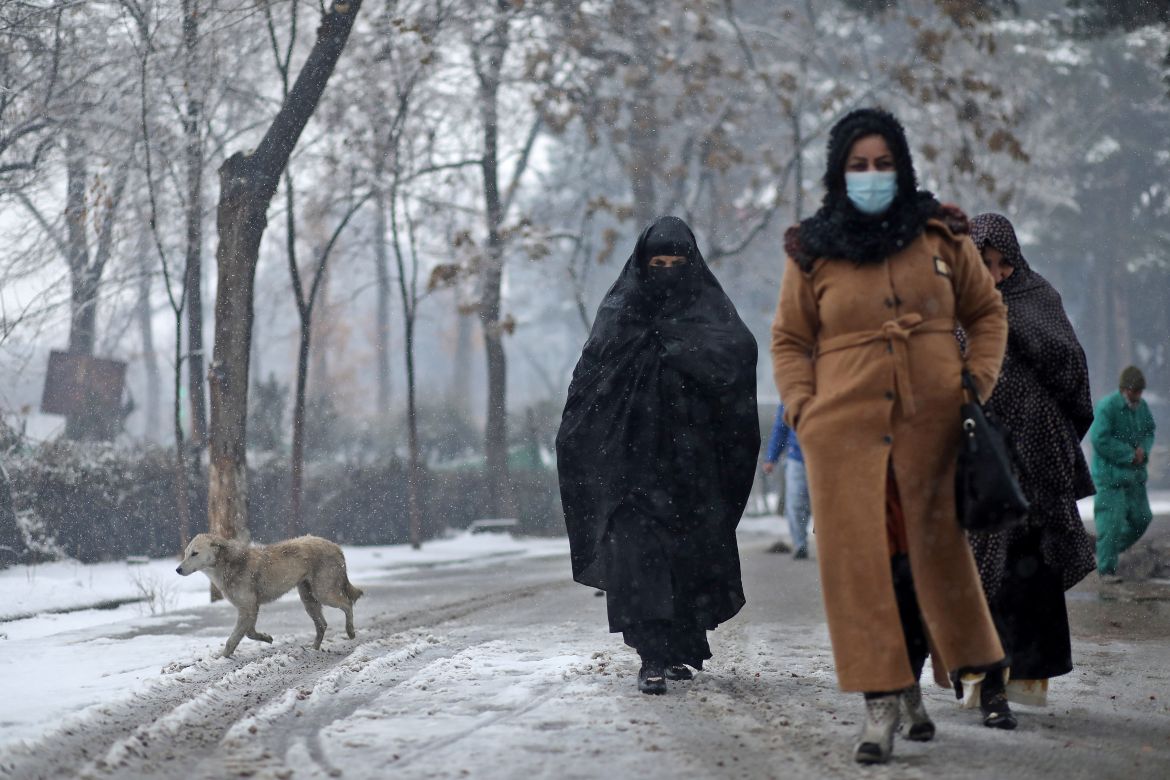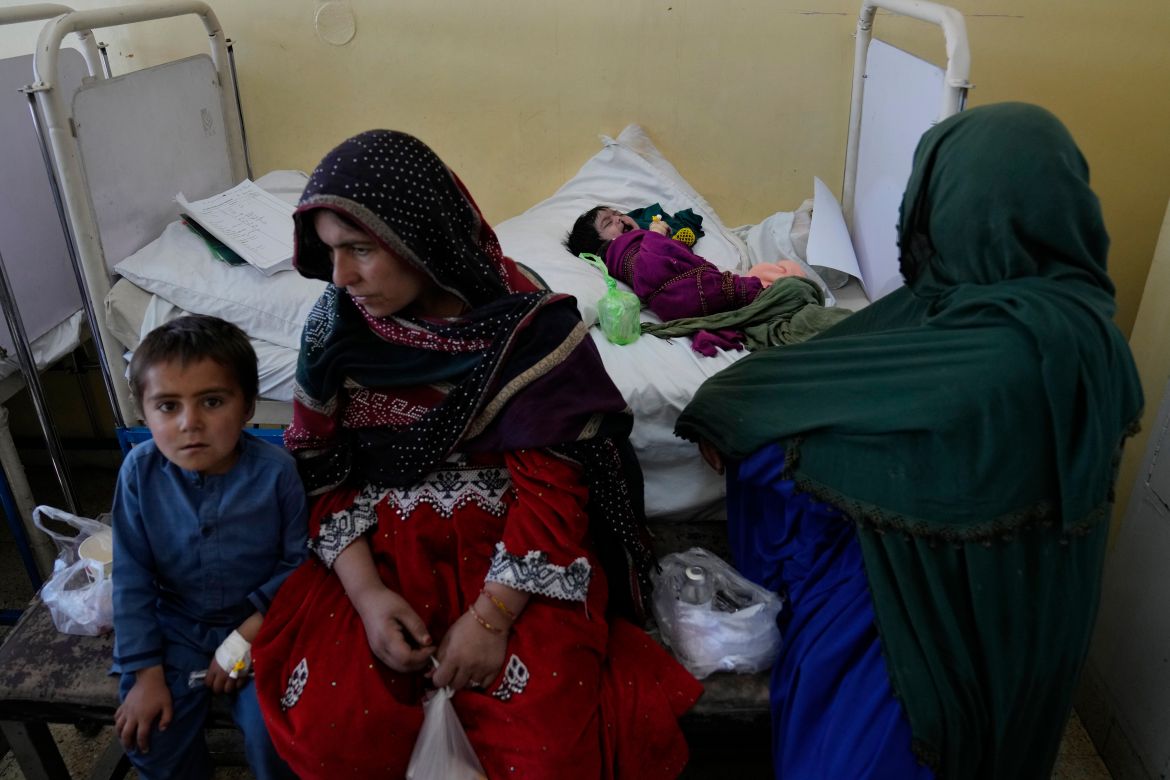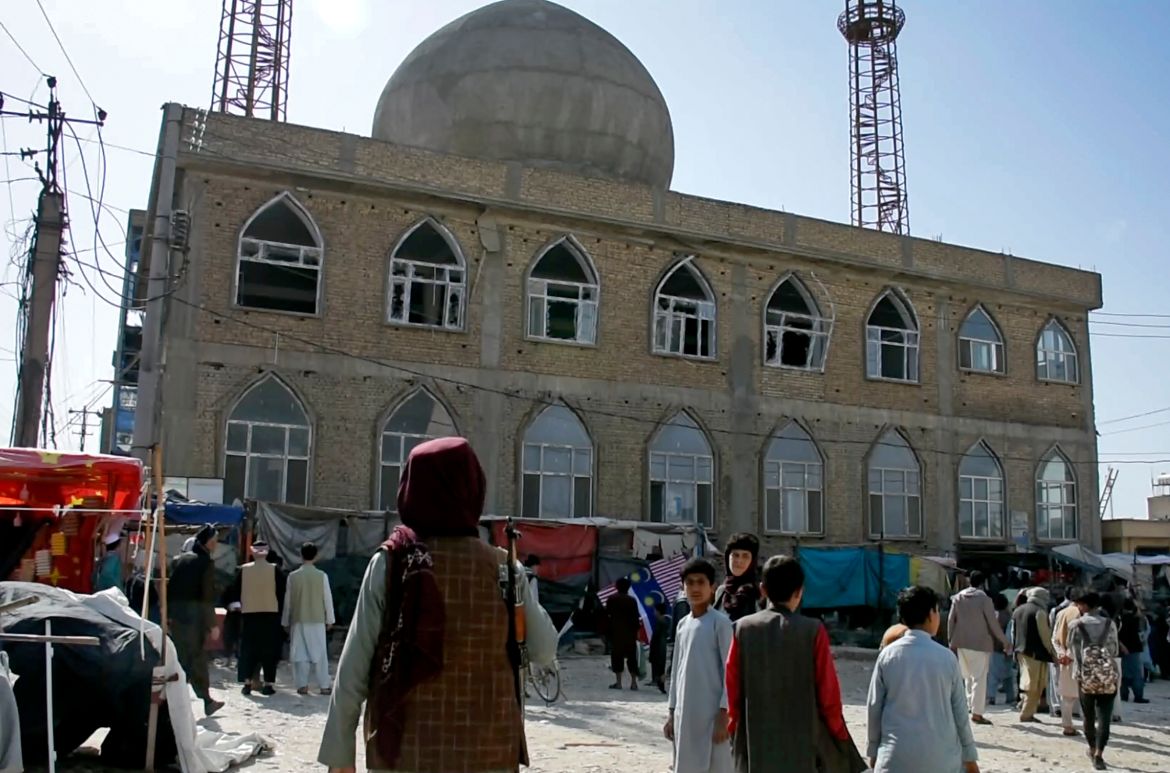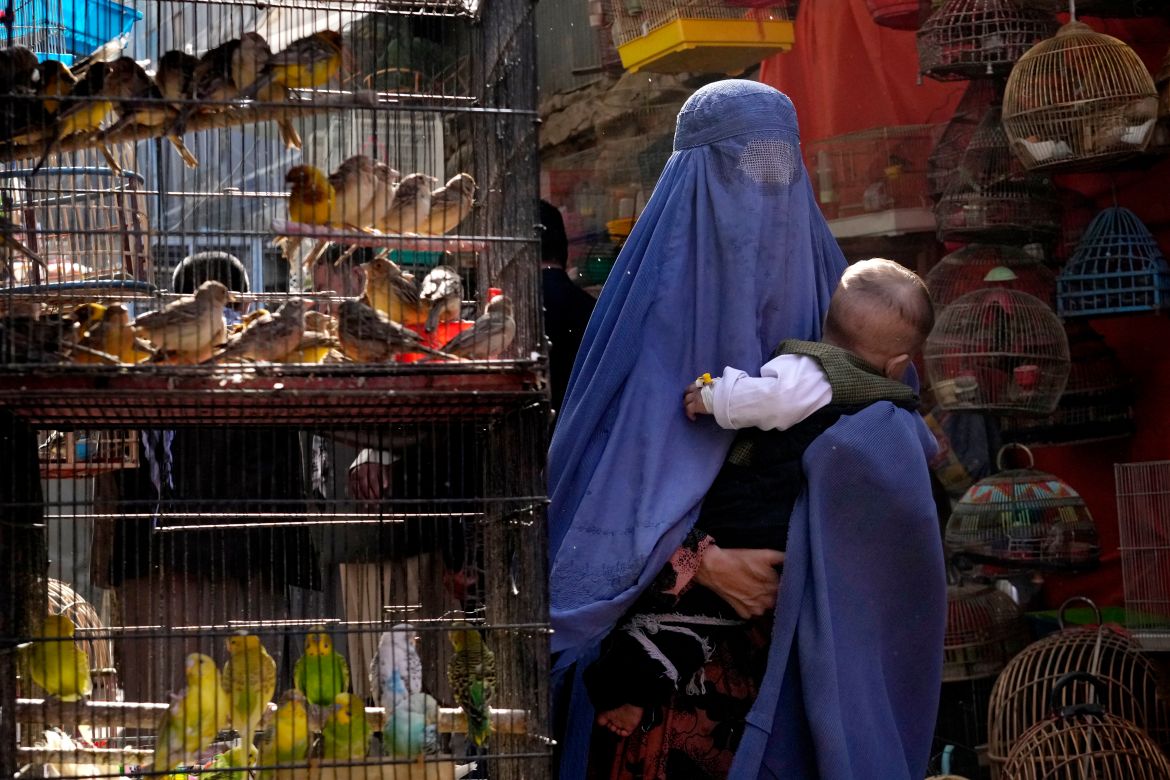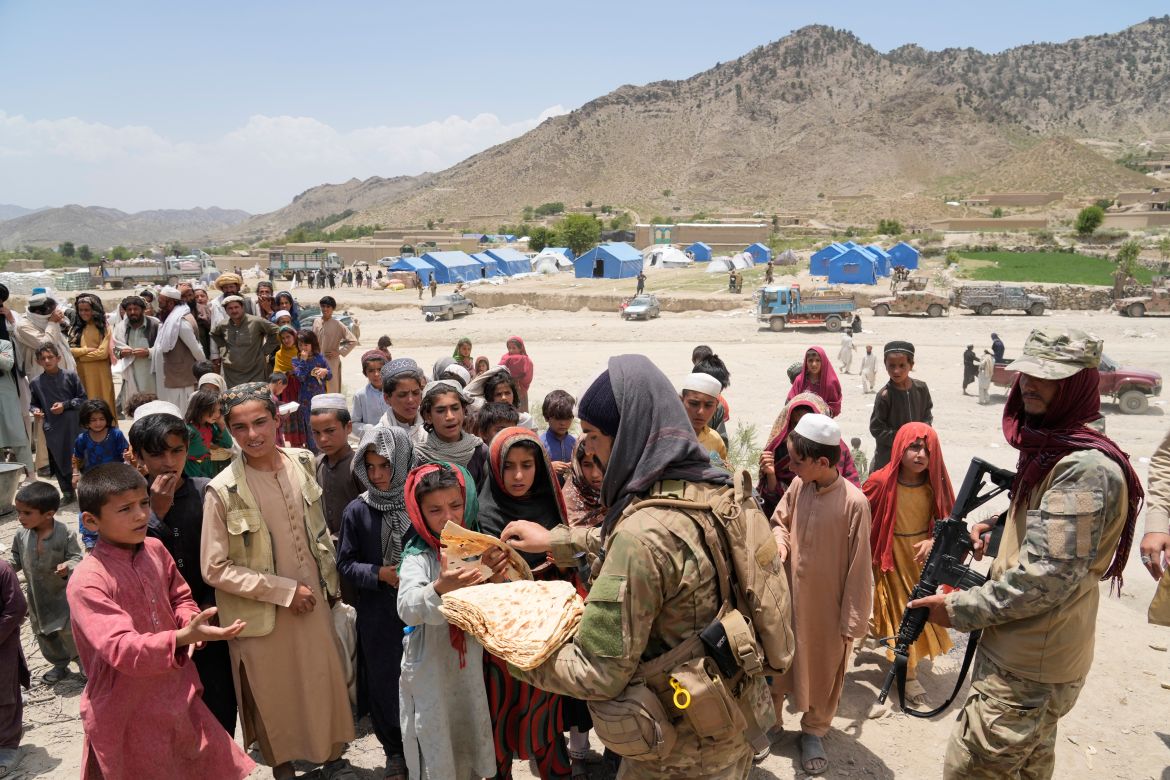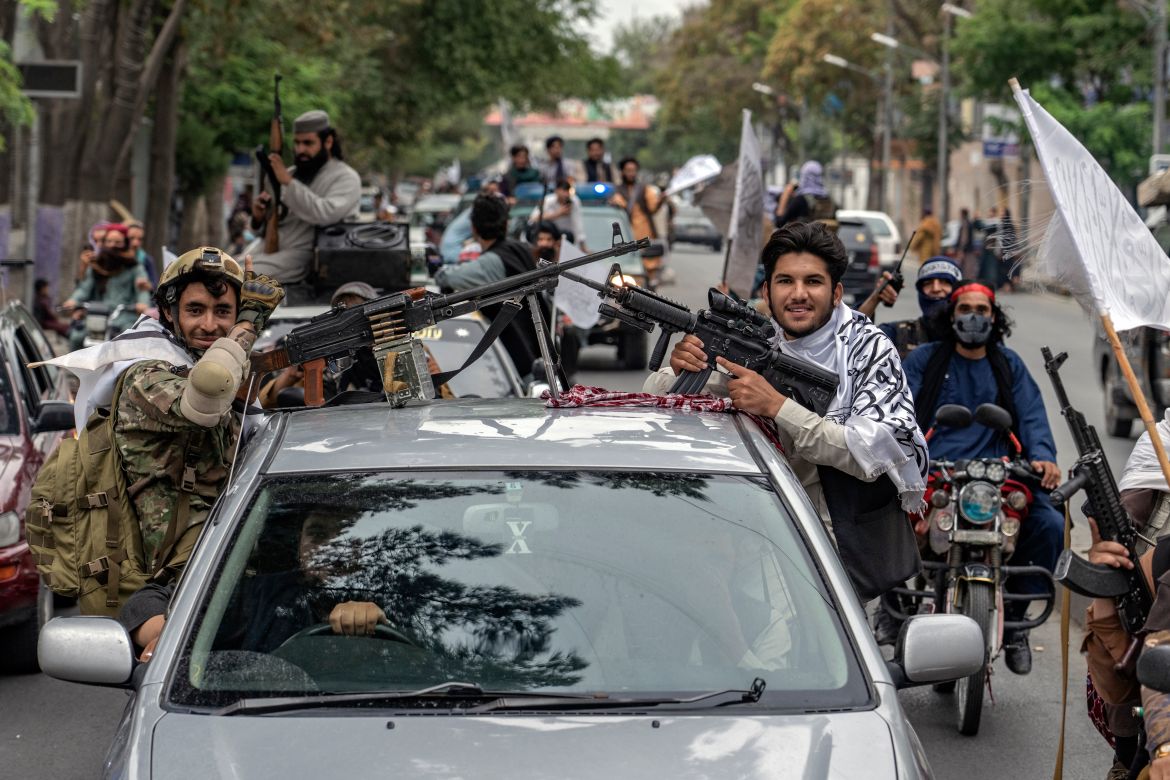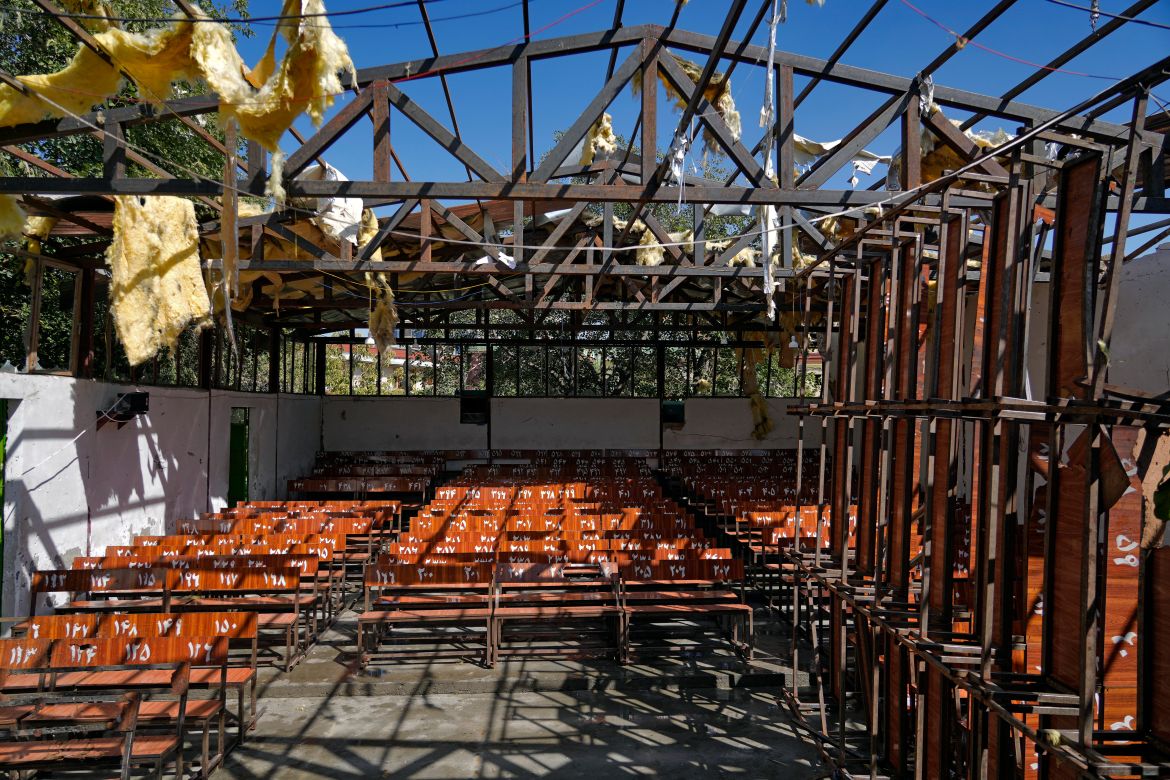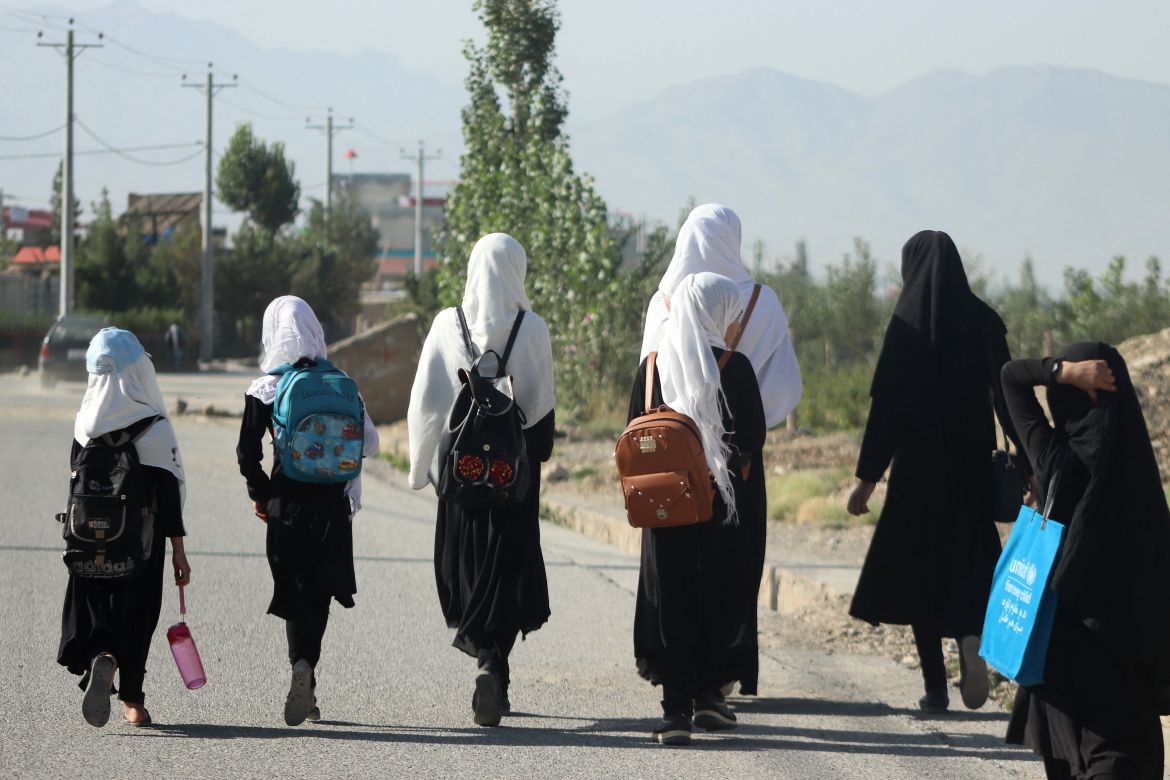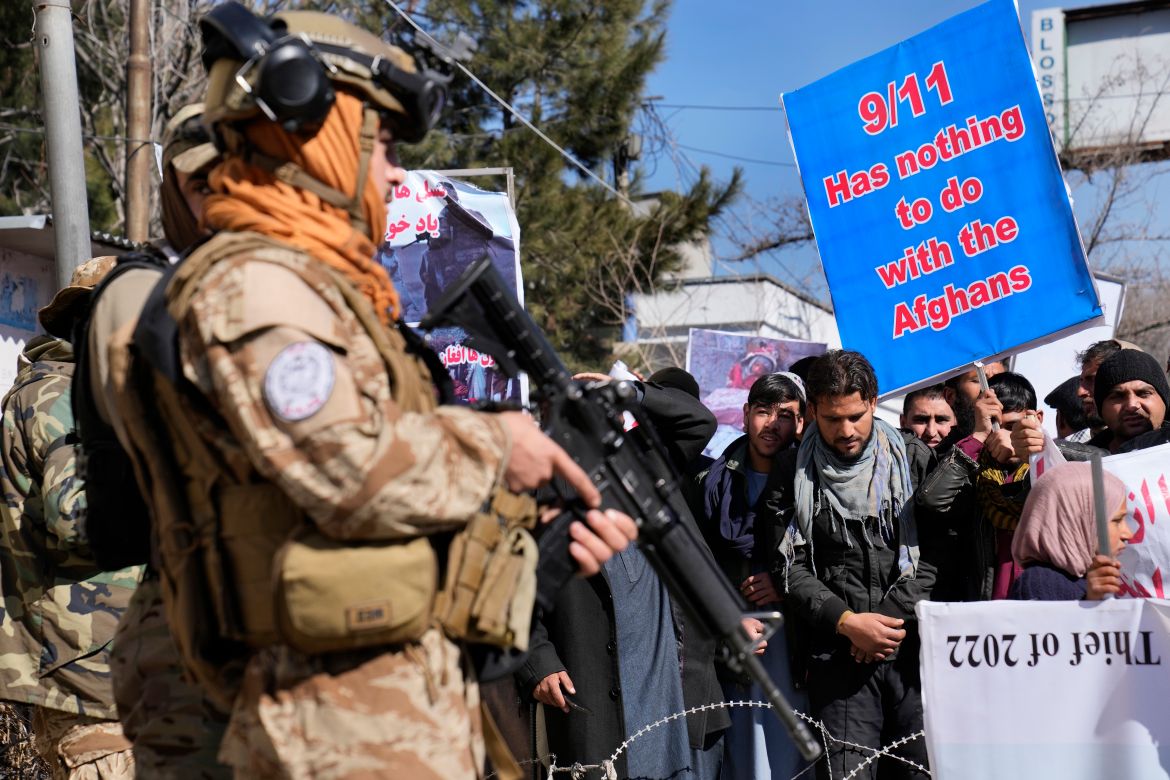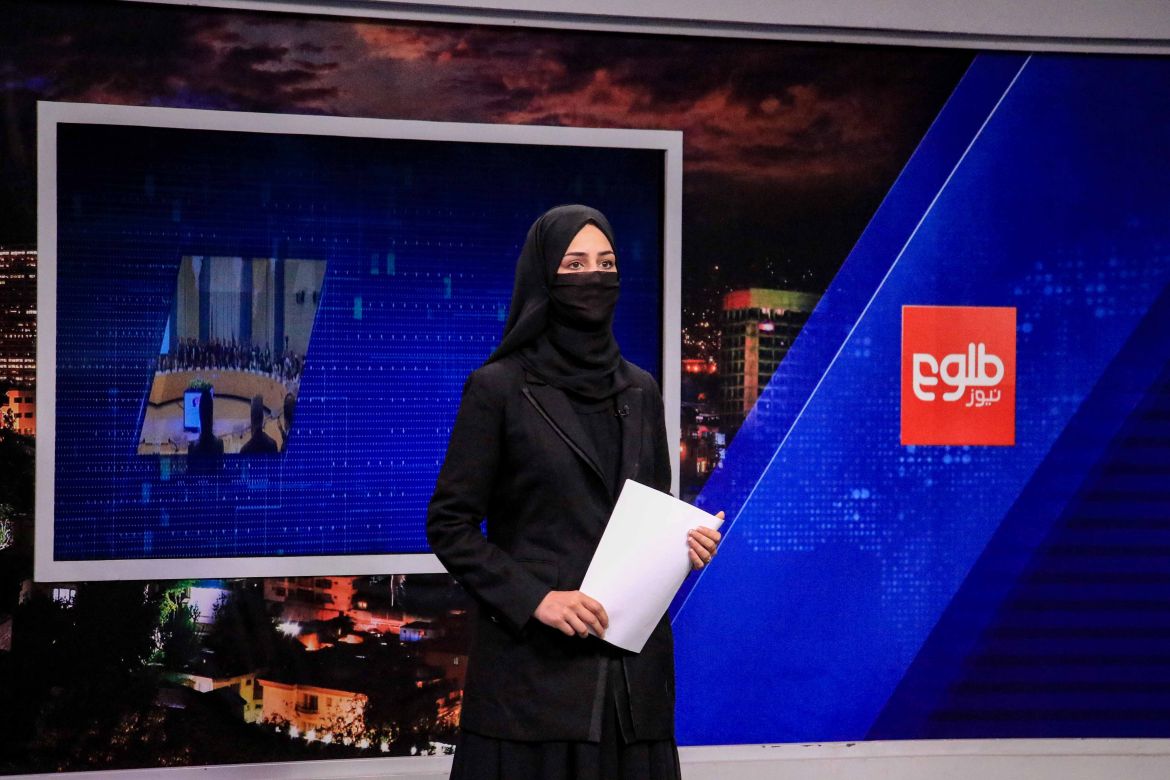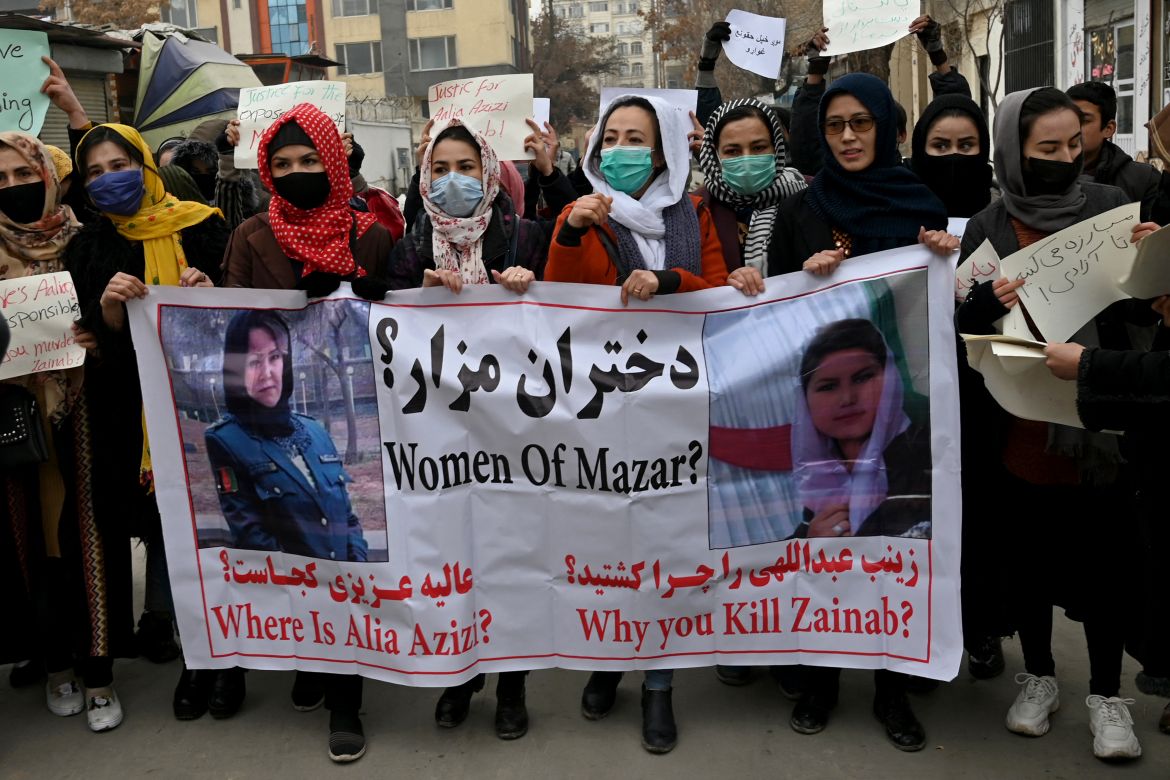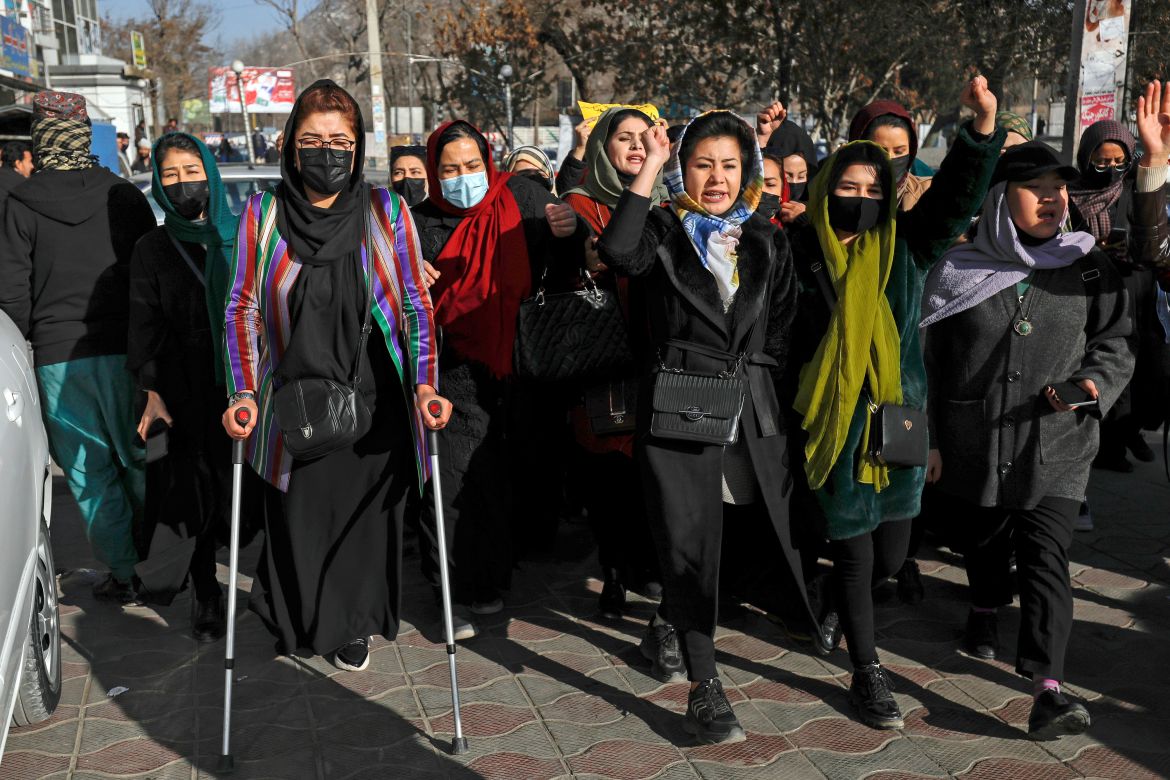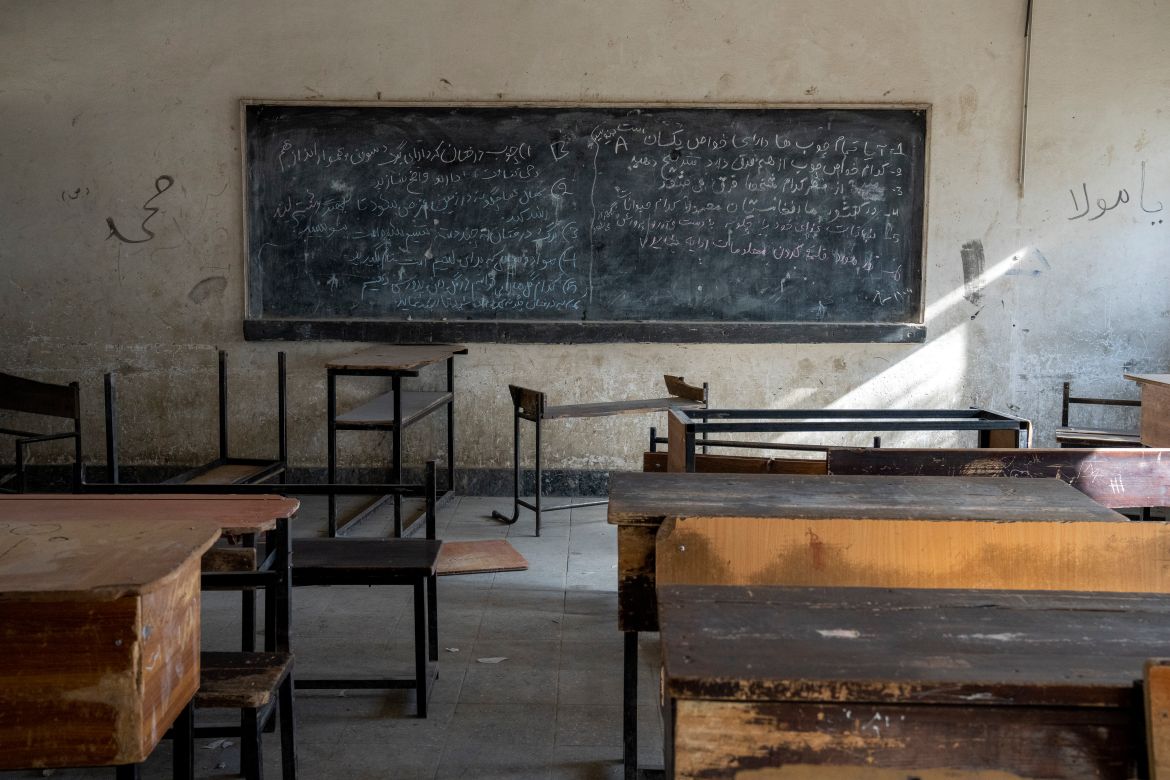In Pictures
2022: The year Taliban cracked down on women’s rights
The year 2022 saw the Taliban imposing restrictions on women’s rights, bringing back the memory of its past rule.
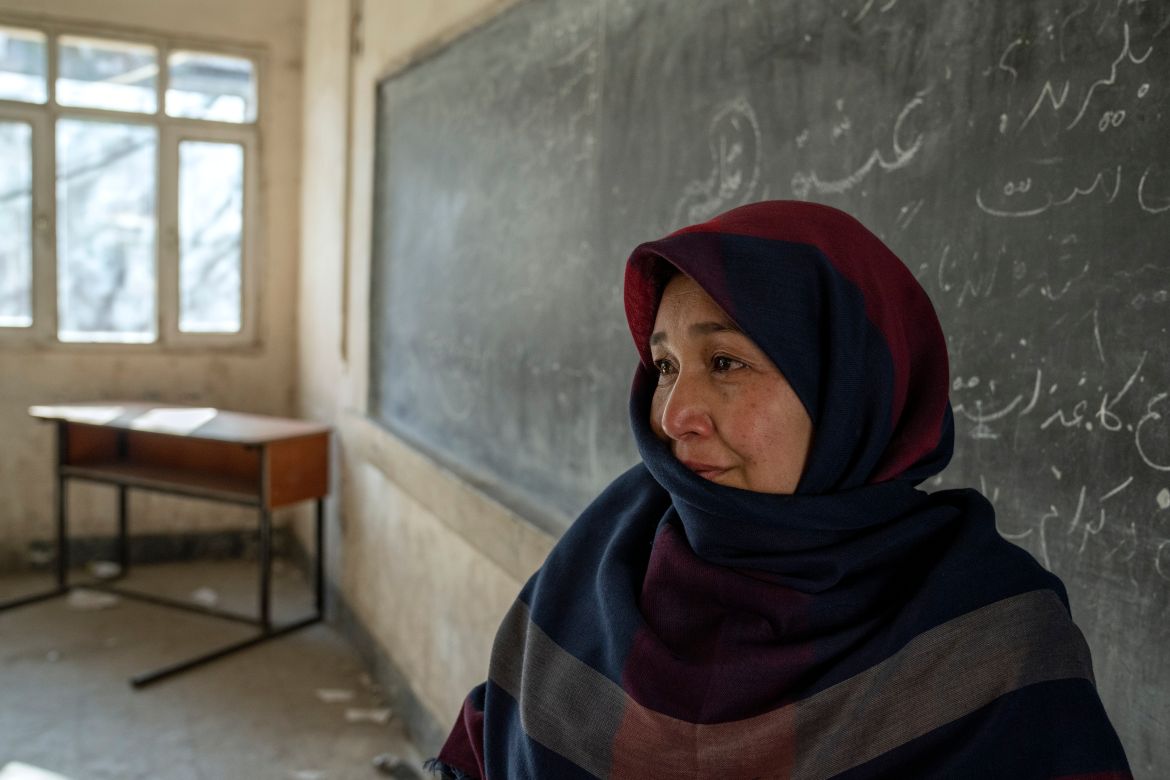
As the year was drawing to a close, the Taliban rulers of Afghanistan dealt what may have been the final blow to women’s education – banning women from universities. Female students above the sixth grade were already confined to their homes by the new rulers’ shutdown of schools, after promising to preserve women’s rights and media freedom.
The Taliban has backtracked on most of the promises it announced immediately after its return to power in August 2021. Tens of thousands of Afghans, including women, fled the country, fearing a repeat of the Taliban’s brutal record in power in the 1990s.
The Taliban had urged Afghans to return and work for the country, assuring them that schools would be opened after infrastructure upgrades and that women would be allowed to work, unlike during its previous rule between 1996-2001.
It asked the international community to recognise its “Islamic Emirate of Afghanistan” as it remained diplomatically isolated. The international community has urged the group to form an inclusive government and ensure that women’s rights are guaranteed – demands the Taliban seems to have ignored.
The Western sanctions mean that the country’s economy has virtually collapsed, worsening the humanitarian situation in the country. People have been forced to sell their babies and young girls to survive.
More than 90 percent of 38 million people are at risk of poverty and about 23 million people faced acute hunger as the Taliban has struggled to turn around the economy due to its financial isolation.
But instead of addressing the dire humanitarian crisis, for which the Western sanctions and freezing of Afghan bank assets worth nearly $10bn contributed greatly, the Taliban has been accused of investing its energy in curbing women’s rights.
It started with an advisory on dress code for women followed by more specific orders: female journalists were asked to veil on TV, women’s employment opportunities shrank, and then women were gradually squeezed out of the public space.
The group has justified the restrictions on women’s rights based on its interpretations of Islamic law. Women’s education and employment are allowed in Muslim-majority countries, many of whom base their laws on interpretations of Islam. Some senior Taliban leaders have said that Islam guarantees women the right to education and work.
Afghan women have pushed back against the restrictions. They protested to demand education and jobs, many activists worked behind the scenes to work on numerous gender issues facing women in the country. Inspiring stories that deserve mention are the secret school in Bamiyan run by a young woman and an underground book club run in the capital Kabul by a bunch of students. Many of them have faced arrests and harassment for their courage in speaking up.
The group’s claim of establishing security has also been challenged as the local ISIL affiliate, ISKP, has managed to carry out attacks particularly targeting minority Hazaras. In August, al-Qaeda leader Ayman al-Zawahiri was killed in a CIA drone attack in Kabul, with the US accusing the Taliban of violating the 2020 Doha Agreement.
The country has also been a victim of climate change: Flash floods ravaged parts of the country earlier this year. In June, more than 1,000 people were killed when the country was hit by its deadliest earthquake in 20 years.
